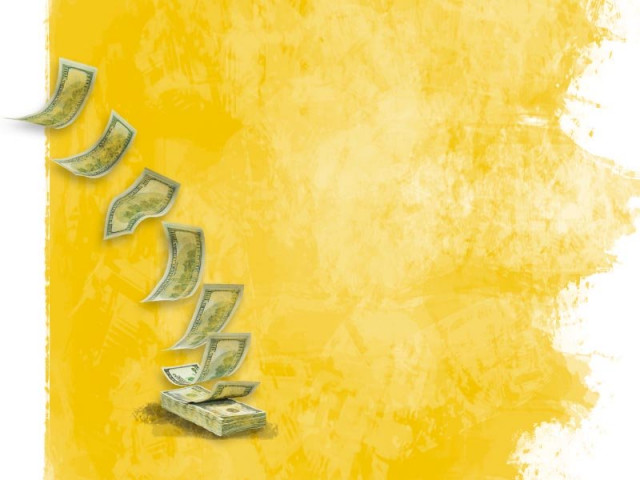Pakistan Tobacco’s profits 375% higher than last year
Higher gross profit and stable expenses translate into hefty growth.

The company’s gross turnover for the year stood at Rs75.53 billion (12% higher than the previous year). ILLUSTRATION: JAMAL KHURSHID
Pakistan Tobacco Company has announced its profits for the year ended December 31, 201, declaring a net profit of Rs1.73 billion rupees, compared to only Rs363.79 million in the previous year. This translates into a growth in profitability of a staggering 375% over the preceding year.
The entire growth of the company can be attributed to the growth in its top-line, with gross profits growing from Rs6.24 billion to reach Rs8.45 billion. Breaking that up, the company’s gross turnover for the year stood at Rs75.53 billion (12% higher than the previous year), out of which it paid a whopping Rs39 billion in excise duties (Rs35 billion in the previous year) and an additional Rs11 billion in sales taxes (Rs10 billion in the previous year).
Meanwhile, its selling and distribution expenses increased only 12% and administrative expenses by 4.5%; while its other operating expenses declined by 23% and other operating income increased by 67%. This effectively meant that almost all the increase in the company’s top-line went directly towards its net profits, as it also cut its net finance costs in the same period by 28%.
The company’s earnings per share clocks in at Rs6.77 per share, and it has announced a final dividend of Rs3.25 per share in addition to two interim dividends (already paid) at Rs3.05 per share.
Pakistan Tobacco Company is part of British American Tobacco, “the world’s most international tobacco group,” according to its website, with its brands sold in 180 markets around the world. Their operations began in Pakistan in 1947, making the company one of Pakistan’s first foreign investments.
The company is involved in every aspect of cigarette production, from cultivation to packaging. Its brands include Dunhill, Benson & Hedges, John Player Gold Leaf (the largest urban consumer goods brand in Pakistan), Capstan by Pall Mall, Gold Flake and Embassy.
Pakistan Tobacco is the single-largest taxpaying unit in Pakistan. The company pays more taxes than all salaried individuals in the country combined.
Published in The Express Tribune, February 21st, 2013.
Like Business on Facebook to stay informed and join in the conversation.



















COMMENTS
Comments are moderated and generally will be posted if they are on-topic and not abusive.
For more information, please see our Comments FAQ